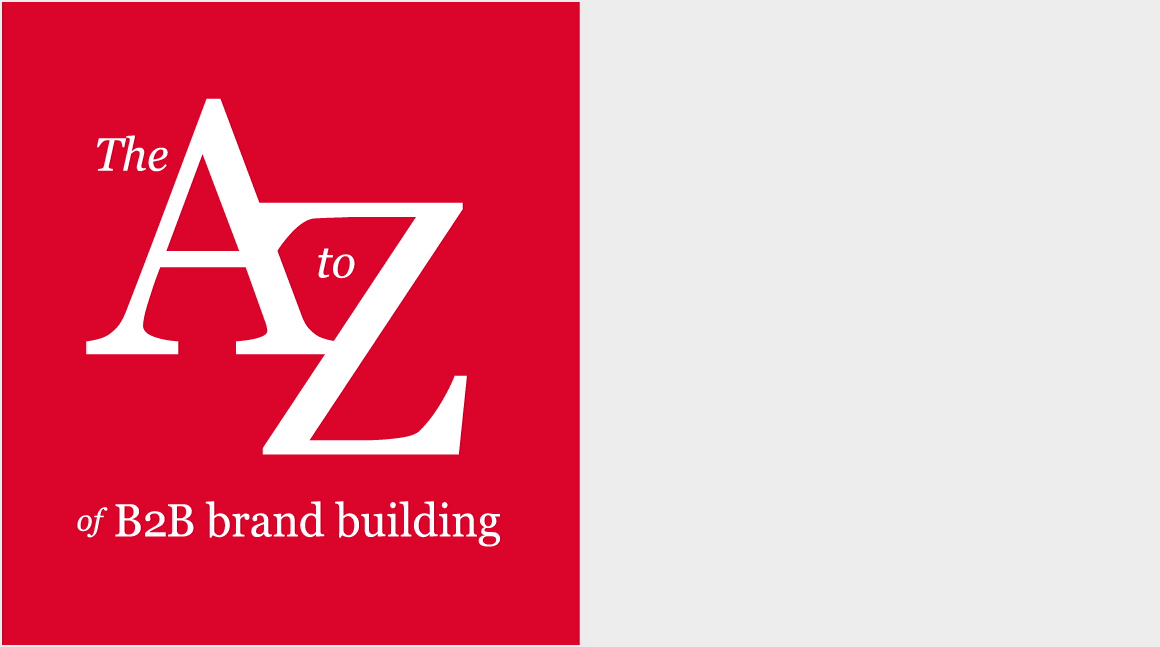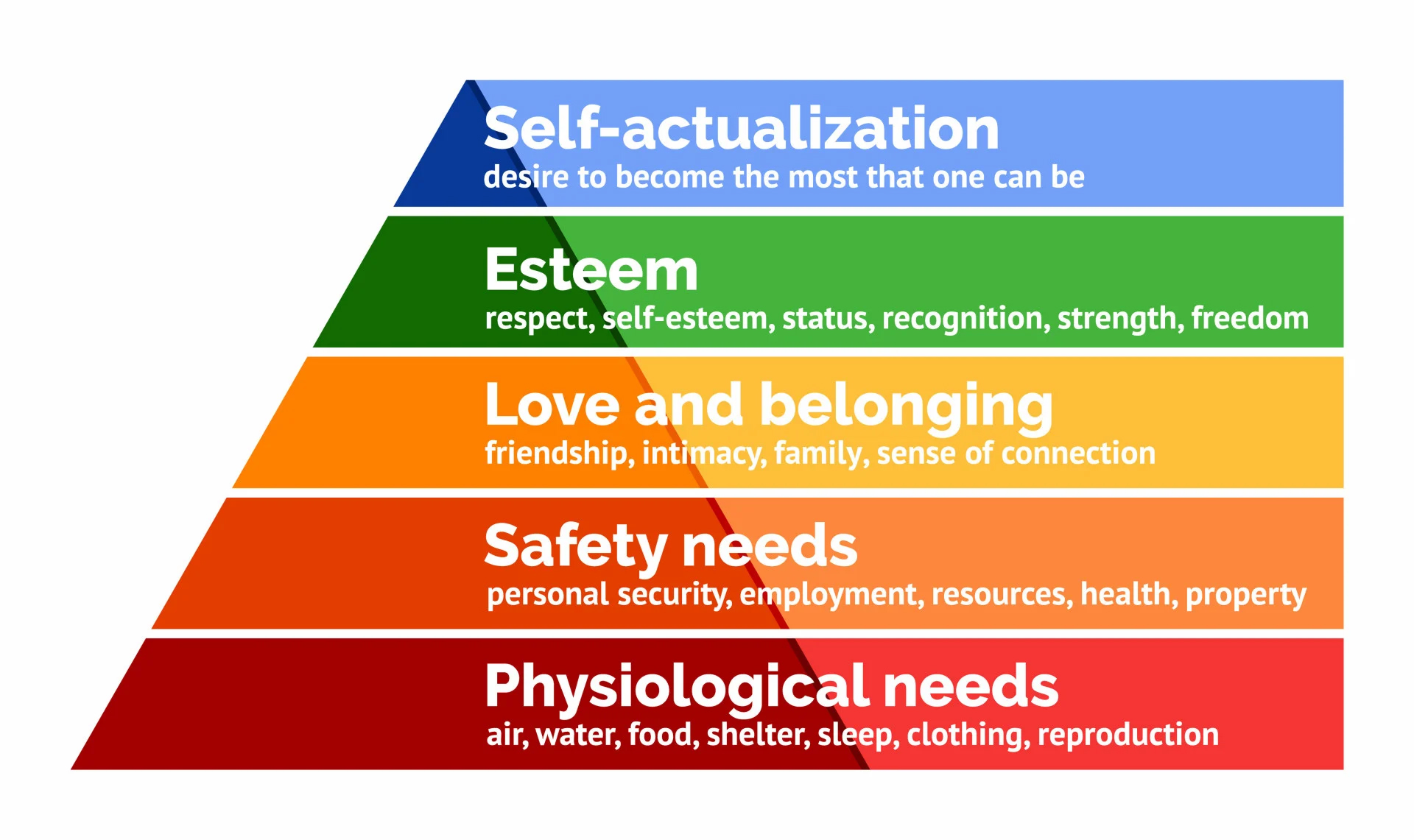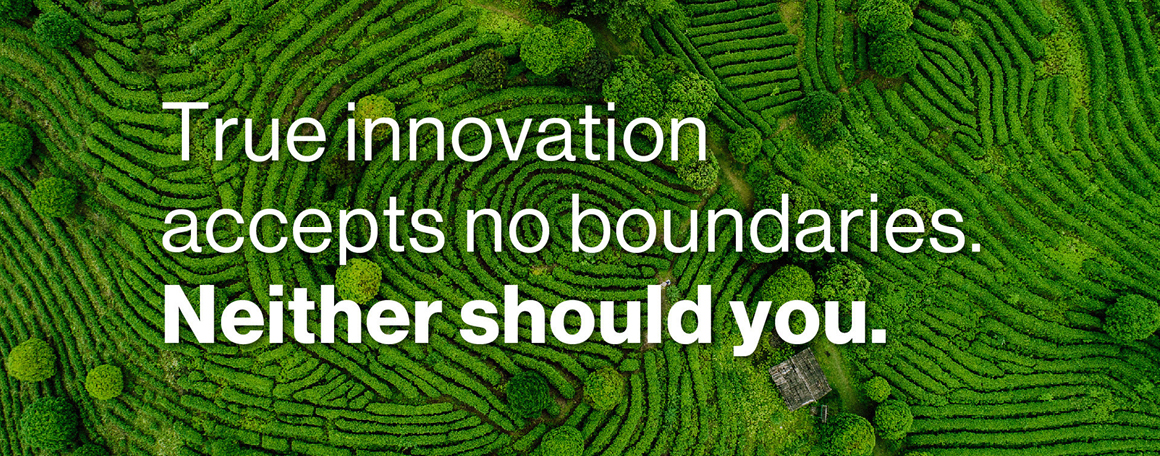The universal truths behind the best B2B

U is for…Universal Truths
“The truth is always the strongest argument”
Sophocles
It might seem a bit much to kick things off with the musings of a Greek tragedian, but as we’re about to get all deep and meaningful (and it happens to back up our main argument beautifully), let’s stick with it.
As far as bold statements go, there’s a pretty strong shout to say that old Soph’s claim is, in itself, an overwhelming truth. And in the world of B2B – which has been tarnished by a machine-gunning of bullshit over the years – it’s truer still.
Today, however, the expectations on B2B brands to show honesty are huge. It’s demanded culturally and societally. It’s demanded regulatorily, too – with organisations having to contend with factors like an ASA clampdown on greenwashing. For these reasons alone, the truth surely has to prevail.
But telling the truth to maintain reputation is not what this blog is about. Our focus here is about unearthing truths that create the most meaningful connections with audiences: universal truths that tap into the very human condition and resonate hard with us all.
B2Bers are looking for feels before facts
In the here and now of B2B, universal truths have never been more pivotal. After endless decades of corporate inertia, the sector has woken up to the fact that Business to Business is still, when all’s said and done, just People to People. And because of this, emotion is undeniably our new hero currency.
What our modern marketers are seeking is something much deeper than they’re used to getting from the sector they serve. Yes, they want the facts (especially when they’re under the cosh – which we know can be often). But what they really want is to feel understood. Empathised with. They want to be assured, and reassured. And this is where universal truths come into their own.
Truths we can all recognise
These nuggets of gold aren’t data-substantiated insights. Or scientifically proven, for that matter. What they are is a collection of key “Oooh yeah, that’s me” human insights, common to us all. They take us back to the fundamental principles of our lives, summed up rather nicely by the renowned American psychologist, Abraham Maslow, in his ‘Hierarchy of Needs’.

These five human needs are so intrinsic, we can be prone to overlooking their very existence. But because they do exist, when we are reminded of them, they touch us like nothing else. And this is no different in B2B marketing.
Take something as everyday as insurance.
We know that people want it. That they like to bundle it, and be financially rewarded for their loyalty with it. This is all handy to know when selling the stuff. But if we think more fundamentally about why insurance is around in the first place, we open new doors completely.
Insurance never used to exist. It only does so because we humans created it – meaning we must’ve felt like we needed it. So why did we crave it? Why do we still crave it? What does having it feel like? What does not having it feel like? Who will it protect?
By reminding our audience of their own conditional needs (shown in the Hierarchy), we hit upon the sweet spots. Then the job is simply to present insurance as a means of satisfying these needs – smoothing their journey to self-actualisation in doing so.
Acceptable is unacceptable

Away from theory and into practice, we leveraged a negative consequence of one such conditional need, in a campaign promoting the InsurTech solutions of WTW Affinity – a leading global end-to-end insurance provider.
The word ‘inertia’ has already been mentioned as a negative in this blog. And it got the same treatment here. Even for the most ambitious of us, our fundamental need for safety and security can get in the way. We’re all capable of convincing ourselves that if something’s good, it’s good enough. And in the high-risk world of insurance, this is especially true.
But this lack of willingness to embrace change can stop potential from being fulfilled. And our work shone a light on this uncomfortable truth. By reminding our audience that acceptable was unacceptable, we also reminded them that a better reality was there for the taking. See our WTW Affinity campaign here.
Coventry means certainty

Away from the world of insurance, we also recently developed work for Coventry Building Society’s B2B arm, Coventry for intermediaries (Cfi), by putting a universal truth to work.
While not renowned for any one thing in particular, Cfi offers lots of great products and services, with a team of ‘human experts’ that does lots of little things well. All good so far. But if ‘Human Expert’ was to stand the test of time, we needed to help Cfi find a way of connecting with brokers in a genuinely human way.
We already had a list of rational broker wants: great products, service and tools; relevant, timely information; tech efficiencies; proactivity etc. etc. Of much more significance, though, was a common broker view that it was a struggle to find a lender that genuinely put them first.
Emotional insight in place, all we needed to do was figure out exactly why this was the main issue, and play back the resolution to them.
And here it is: Each of the things on the ‘wants’ list helps the brokers be their best selves. Taking anything away, or offering it inconsistently, lessens their chances of achieving this. So there are changeable barriers to achieving the holy grail of self-actualisation. Or, to put it another way, a lack of certainty.
And so it was that certainty became our fundamental hook – riffing off a universal truth to strike a chord with brokers right at their emotional core.
Some home truths to set you on your way
Great marketing always puts its audience at the centre of the story being told. And the very best examples talk about the wants and needs at the very centre of their audience’s existence.
So, in the increasingly emotional world of modern B2B, remember that your primary task isn’t to sell mortgages; it’s to sell certainty. It’s not to sell insurance, but protection and security. Uncover the universal truth, present big solutions to big problems, and the rest should take care of itself.
B2B can be a complex business, but the truth is simple. And, like Sophocles says, it’s always the strongest argument.
About Mike
Mike Watson
Creative Director